Vietnam unveils new strategy to become global semiconductor hub
The Ministry of Science and Technology (MoST) is rolling out a comprehensive plan to implement the Semiconductor Industry Development Strategy by 2030, with a vision toward 2050, which aims to position Vietnam as a leading player in the global semiconductor sector over the next six years.
At the ministry’s recent regular press conference for the third quarter of 2024, Tran Anh Tu, Deputy Director of the MoST’s Department of High Technology, shared specific solutions to successfully implement this ambitious strategy.
 |
|
Illustrative image. |
To facilitate implementation, he said in his Decision 1018 dated September 21, 2024 featuring the strategy, the Prime Minister has assigned key tasks to the Ministry of Information and Communications and the Ministry of Planning and Investment, the MoST and other ministries. The Ministry of Science and Technology has been tasked with coordinating with other ministries, agencies, localities and businesses to carry out core initiatives.
The ministry plans to collaborate closely with other governmental bodies, organizations, and businesses to address challenges and refine policies that support semiconductor industry growth in Vietnam.
Electronic microchips have been identified as a national product in the PM’s Decision No. 439. To support this, the ministry has submitted a programme on national product development to 2030 and issued regulations to manage the programme.
Tu emphasized that the Ministry of Science and Technology will focus on searching and selecting research and development tasks relating to microchips through state-level science-technology programmes or the National Foundation for Science and Technology Development (NAFOSTED).
Back to 2010, semiconductors were recognized as a high-priority technology product, and the Ministry is committed to reviewing requests for incentives to support companies in this field.
The Ministry of Science and Technology also has plans to strengthen international cooperation in semiconductor technology. Through its network of representative offices abroad, the ministry will foster partnerships and facilitate technology transfers.
The ministry will host conferences and workshops to promote knowledge exchange and collaboration among scientists and industry experts, both domestically and internationally.
Through these efforts, the Ministry of Science and Technology is paving the way for Vietnam to emerge as a key player in the global semiconductor industry, unlocking significant opportunities for growth in the coming years.
Under the strategy, in the first phase (2024-2030), Vietnam will make use of geopolitical and workforce advantages, selectively attract foreign direct investment (FDI), establish itself as one of the global semiconductor manpower centres, and grow fundamental capacity in all steps, from research, design, and manufacturing to packaging and testing.
In the second phase from 2030 to 2040, it will work to become a global semiconductor and electronics centre while developing the semiconductor and electronics industries that combine both self-reliance and FDI.
For the third phase (2040-2050), it looks to become one of the world’s leaders in the semiconductor and electronics industries, and master research and development in these fields.
Vietnam will complete a self-reliant semiconductor industry ecosystem taking the lead in some steps and segments of the production chain from 2040-2050.
 Bắc giang
Bắc giang
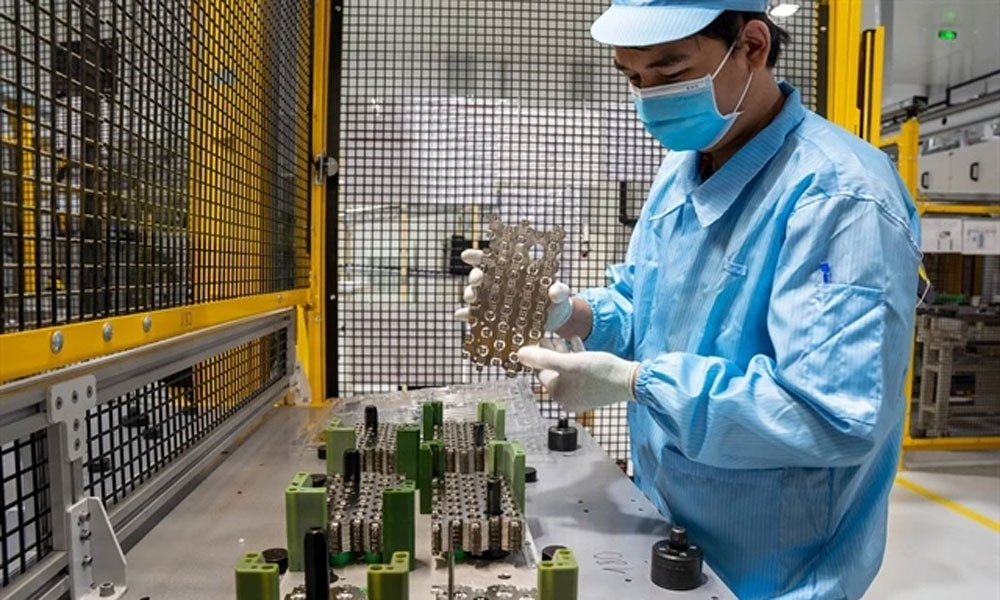


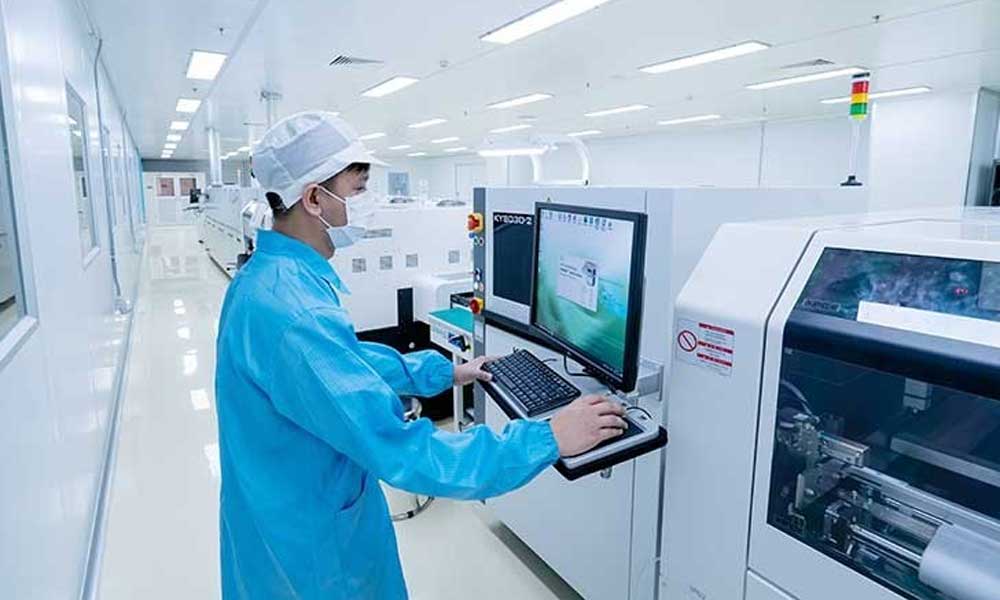



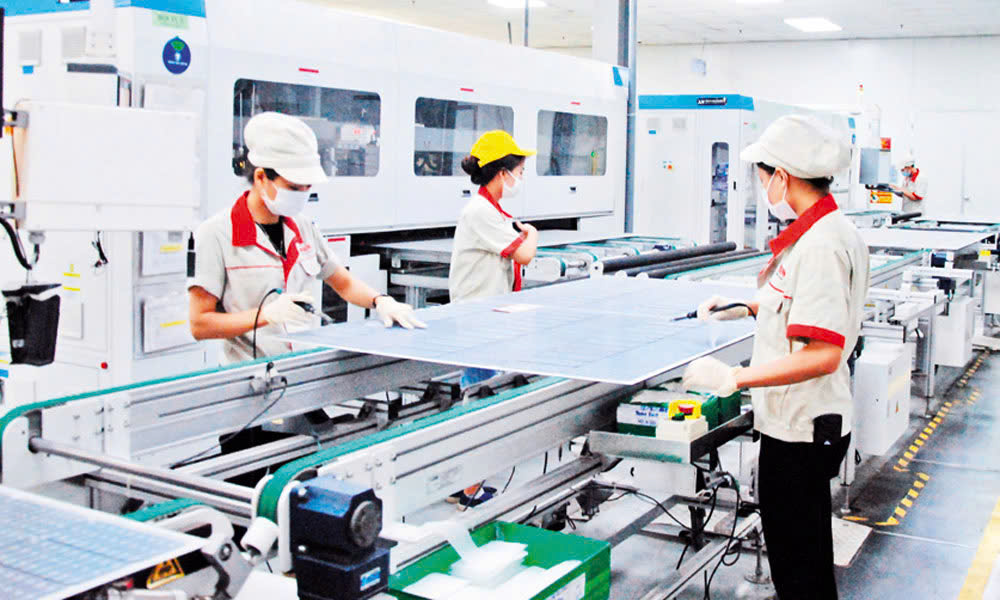
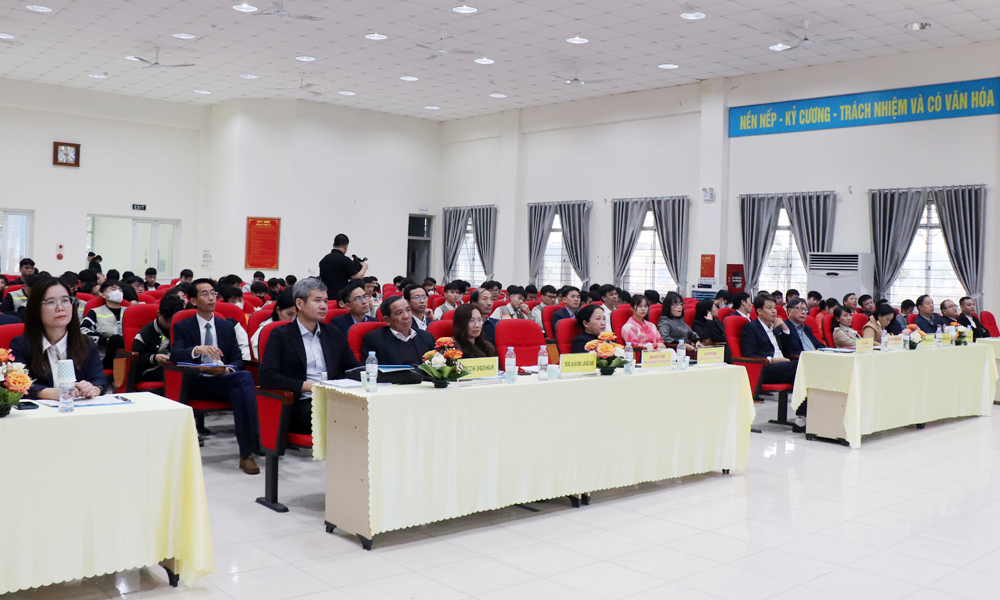


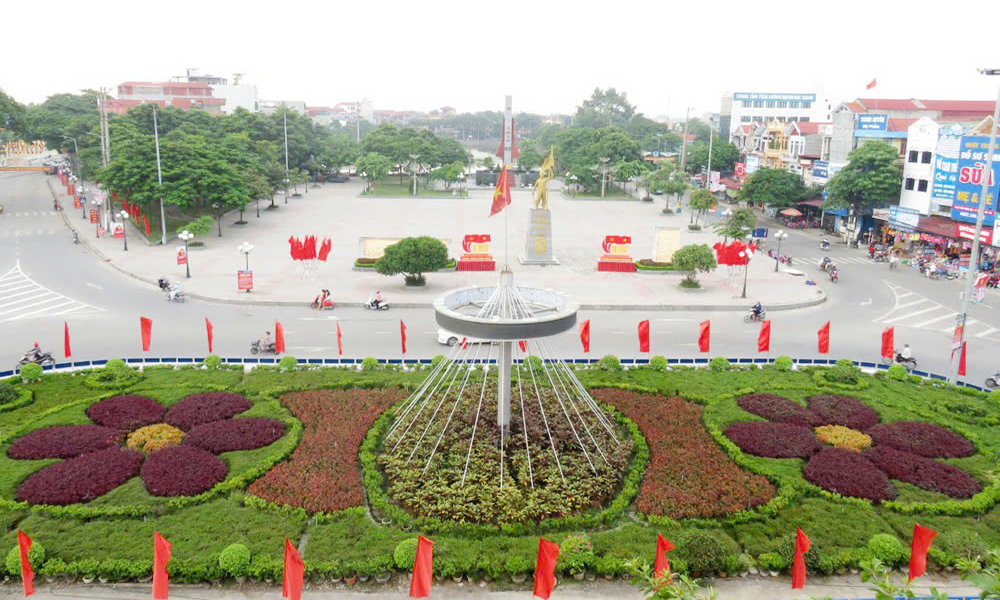


Reader's comments (0)